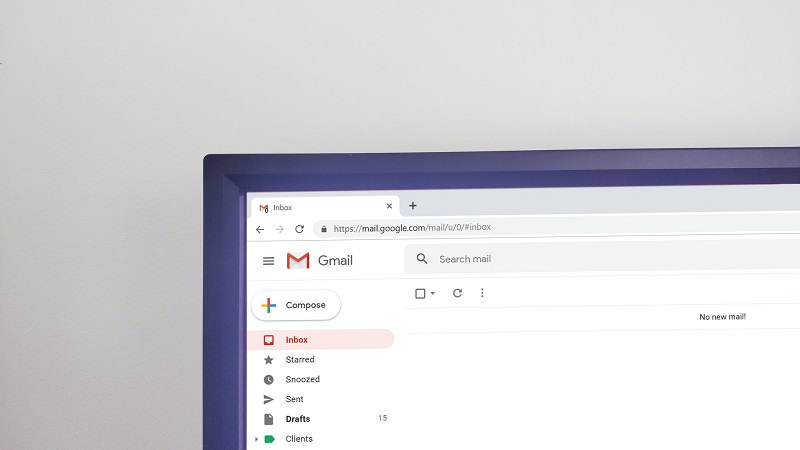Google has a great interest in keeping users on its services and platforms as long as possible. That is why the search engine company is working on a change in its browser Chrome. There Google will soon hide the complete and real URL.
Large digital companies such as Facebook, Amazon, Apple and Google are often under criticism. One of the main reasons for this is the monopoly position of these companies in their sectors.
Walled Gardens and the open Internet
By making small changes in their own rules or requirements, they can partially affect many small companies and of course their own users.
This is why governments and authorities around the world are increasingly taking action against these so-called walled gardens. This term refers to closed systems in which private users and professional operators must comply with the applicable regulations.
One of the largest walled gardens in the digital world is of course the Google universe. This begins, for example, in the field of smartphones with the defining operating system Android and the pre-installation of Google apps on the corresponding smartphones.
The influence of the company from Mountain View, California, is even greater in the search engine sector. In most countries around the world, Google’s search market share is over 90 percent and its own chrome browser also dominates in many regions.
Google wants to partially disguise real URL in Chrome
Therefore, a new announcement in an official developer channel about version 85 of the Chrome browser is questionable even for website owners. According to the announcement, Google is working on disguising the complete and real URL of a website in the URL bar.
Instead of “basicthinking.de/blog/2020/06/15/geld-verdienen-mit-instagram-tipps-influencer/”, only “basicthinking.de” will appear in the future. The technology portal Androidpolice illustrates the innovation in a short video.
In the future, the real URL will only become visible during mouse-over. At the moment there is no official statement on the part of Google on this issue.
But already at the beginning of the year a Google engineer explained the background to this. A complete URL often makes it harder for users to recognise fraudulent pages.
From Google’s perspective, however, a veiled URL also has the advantage of making classic link sharing more difficult. Instead of this, users will probably send their Google searches more often in the future. And that in turn pleases Google.










